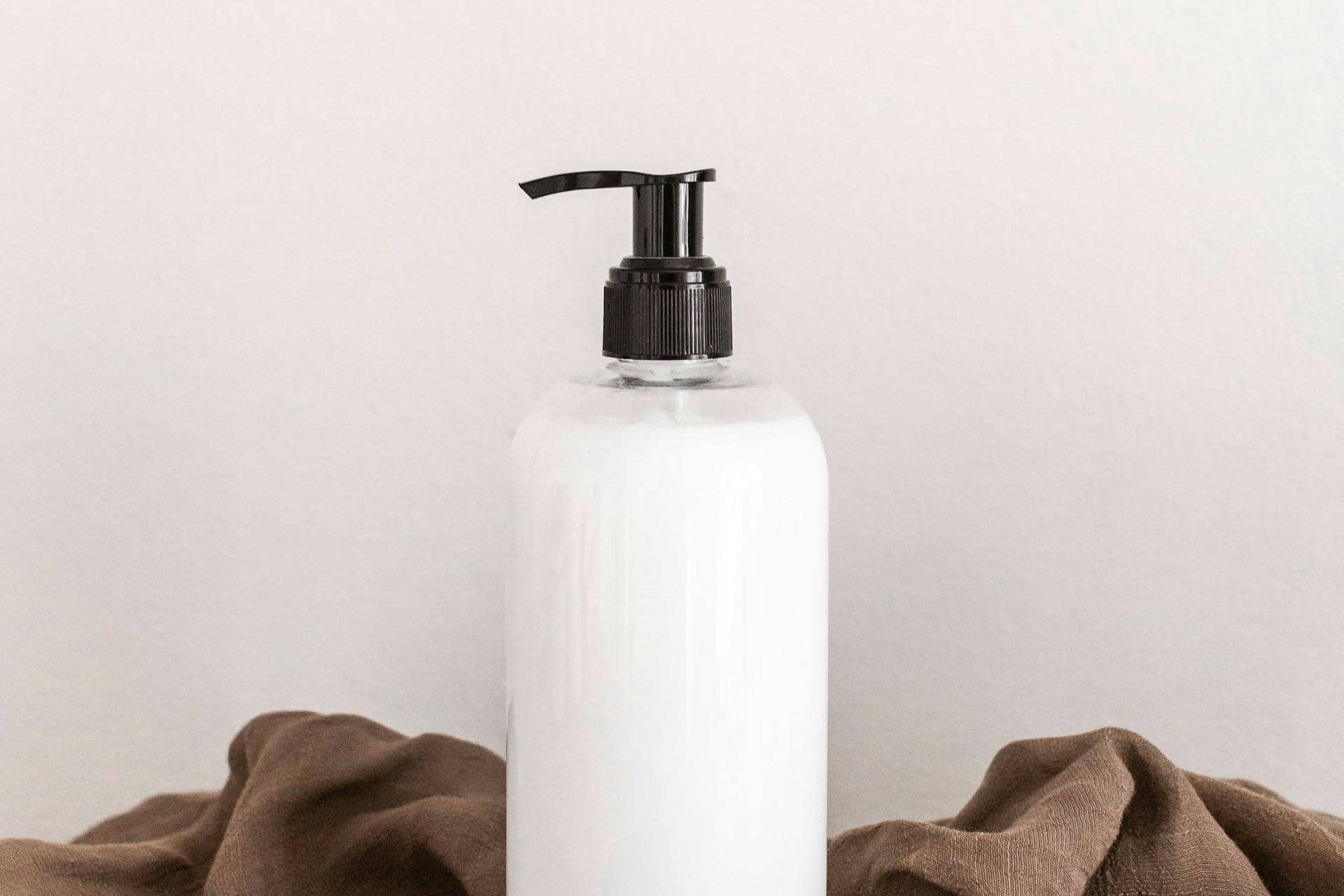
Maintaining a proper skincare routine is vital for healthy, glowing skin, and whatever your skin type, a good moisturiser should form a key part of this regime.
You'd be forgiven for thinking all moisturisers are created equal, but choosing the right moisturiser for your skin type is important. Whether you've built up a 'normal,' oily, or dry skin care routine, everyone should use a moisturiser both day and night. Proper hydration is essential in supporting your skin's natural moisture barrier to protect it against environmental factors, and it restores moisture after cleansing.
When it comes to choosing the right moisturiser for you, trial and error is an important part of the process—what works for one individual may not work for another. However, there are some key considerations that should be taken into account when making your decision: texture, fragrance, ingredients, compatibility, and your skin goals.
Texture
The right moisturiser texture for you is dependent on your skin type. Do you have 'normal' or balanced skin? Or are you more on the oily or dry side? Determining your skin type first is important before choosing your moisturiser.
Oily skin types
You may think oily skin would not benefit from a moisturiser, but the reality is it is just as important for people with oily skin to use moisturiser as it is for any other skin type. Just because your skin produces plenty of oil does not mean it is getting enough hydration, so it is important to find a lightweight, oil-free moisturiser without the thick residue to get your hydration fix.
Dry skin types
While oily skin types will benefit from a lightweight formula, dry skin types need the exact opposite. Rich, creamy formulas are the way to go to replenish dry skin and ensure you are properly supporting the skin's natural barrier function.
Normal or balanced skin types
If you sit in neither the oily nor dry categories, you have what is considered 'normal' or balanced skin. Having normal skin gives you the luxury of choosing whatever moisturiser works for you. If you lean ever so slightly into either the dry or oily camp, consider options that are angled toward those skin types.

Fragrance
Fragrance is a personal preference, but it can feel very luxurious to apply a moisturiser with a beautiful scent (think of all the lush creams at a spa!).
When it comes to types of fragrance, it can generally fall into two categories: synthetic or natural. Natural products derive their scent from the natural ingredients in the product, also known as essential oils. Synthetic fragrances are made in a lab using a mixture of chemicals.
While skincare is never a one-size-fits-all approach, those with acne-prone or sensitive skin are advised to avoid scented moisturisers with fragrances or perfumes as they can be irritating to their skin.
Ingredients
The most important part of choosing a moisturiser is finding one with ingredients that will work well with your skin type, as well as provide you with all the benefits required of a good moisturiser.
It can be incredibly intimidating reading the ingredients list on a bottle of moisturiser—while some are beneficial to the skin, others can be irritating and contribute to drying or acne. Here are a few things to look out for:
Sun protection
No matter your skin type, sun protection is vital for healthy skin. If sunscreen is not part of your routine, you should be looking for a moisturiser with at least SPF30 to help protect your skin year-round, even on those cloudy days.
Antioxidants
Antioxidants help neutralise free radicals (molecules that break down cells), keeping your skin looking fresh. Green tea, chamomile, pomegranate, or licorice root extract are all antioxidants and can be found in many moisturisers.
Dry skin combaters
Ingredients like hyaluronic acid and dimethicone help keep the skin hydrated. Glycerin, propylene glycol, proteins, and urea are humectants that help attract water to your skin, while lanolin, mineral oil, and petrolatum are occlusives that lock in the moisture. When all these ingredients are present, you know you have yourself a good product.
Oily skin and acne combaters
Alpha-hydroxy acids can help brighten skin and reduce signs of ageing, while also having the added benefit of combating acne.
Compatibility with Your Other Skincare Products
Just like when cooking a delicious meal, some skincare ingredients work together while others just don't blend well. Take a holistic approach when building your skincare routine to ensure you are getting the most out of your products. The order in which you apply your products is also important, so be sure to do your research before getting started. A few combinations of ingredients that are known to work together well are:
• Hyaluronic acid and retinol: Retinol can cause dryness, while hyaluronic acid can assist with rehydration.
• Hyaluronic acid and vitamin C: Used together, hyaluronic acid and vitamin C can hydrate and brighten the skin and improve texture.
• Vitamin C and SPF: The antioxidant benefits of vitamin C can be paired with SPF to boost its protective power and help prevent sun damage.
• Vitamin C and vitamin E: Antioxidant superstars vitamins E and C encourage collagen production, and when used together, it has been shown that vitamin E, together with ferulic acid, can help stabilise vitamin C and prevent it from degrading.
Your Skin Goals
At the end of the day, it is your skin goals and the outcomes you want that should help determine the type of products you use in your skincare routine. Finding the perfect moisturiser, or indeed any other skincare product, can be a challenge that requires a lot of trial and error before you find your perfect fit. While it is easy to recommend a product based on the above, effectiveness can vary greatly from individual to individual, so it is important to always sample a product before committing to it.
* This is a contributed article and this content does not necessarily represent the views of beautyworldnews.com

